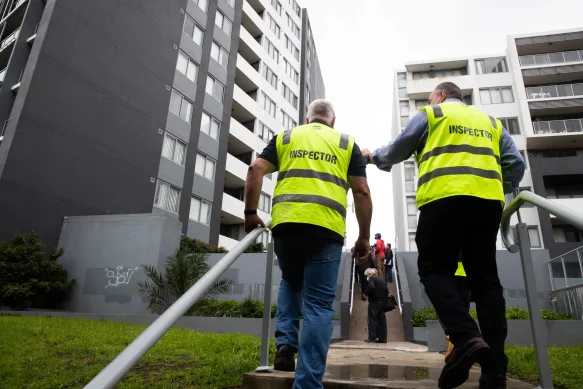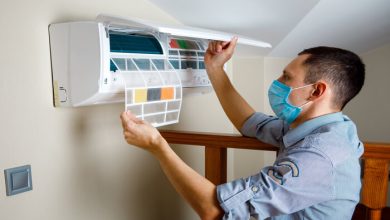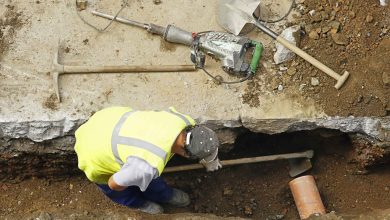
Have you had your property inspected lately?
Conducting building inspections is paramount for multiple reasons. They play a crucial role in safeguarding the well-being of your tenants or occupants. Through a comprehensive inspection, potential hazards like structural weaknesses, electrical faults, or fire hazards are pinpointed, enabling you to rectify them proactively before any harm or damage occurs. Regular inspections aid in maintaining compliance with local building codes and regulations, avoiding hefty fines or legal entanglements. Moreover, inspections serve as a preventive measure by detecting minor issues before they escalate into major, expensive repairs. By promptly identifying and addressing problems, you mitigate significant financial burdens and avoid unnecessary hassle in the long term.
How often should you have your property inspected?
The frequency of building inspections can vary depending on several factors, such as the age and condition of your property, local regulations, and the type of building owned. However, inspecting at least once a year is recommended as a general rule of thumb. Suppose your recommended building is older or has a history of issues, you won’t want frequent inspections. Similarly, if you own a commercial property or a multi-unit residential building, you may be required to have inspections more often to comply with local laws.
What does a building inspection entail?
A typical building inspection covers many areas inside and outside your property. The inspector will examine the foundation, roof, walls, floors, and ceilings for any signs of damage, deterioration, or structural issues. They’ll also check the electrical, plumbing, and HVAC systems to ensure they function correctly and up to code. In addition to these core areas, the inspector will look for any signs of water damage, pest infestations, or other potential problems. They may also assess the overall energy efficiency of your building and provide recommendations for improvements. During the inspection, the inspector will take detailed notes and photos to document their findings. Once the inspection is complete, they’ll provide you with a comprehensive report outlining any issues they discovered and recommending steps for addressing them. navigate here for building inspections Sydney.
Preparing for an inspection
Make sure your property is clean and accessible. Clear away any clutter or debris that could prevent the inspector from thoroughly examining all areas of your building. If you know of any specific issues or concerns, note them beforehand to discuss them with the inspector. This helps ensure that everything is noticed during the inspection process. Gather relevant documents, such as previous inspection reports, building plans, or maintenance records. This information helps the inspector gain a more comprehensive understanding of your property’s history and condition.
Acting on the results
After the inspection is complete, the real work begins. The inspector’s report will provide a detailed list of any issues or concerns discovered during the inspection. Reviewing this report carefully and prioritising any necessary repairs or improvements is essential. Some problems, such as safety hazards or code violations, may require immediate attention. Others may be less urgent but important for maintaining your property’s long-term health and value. When making repairs or improvements, be sure to work with qualified, licensed contractors with experience with the specific type of work needed. Keep detailed records of all repairs and improvements made, which is valuable information for future inspections or property sales.




